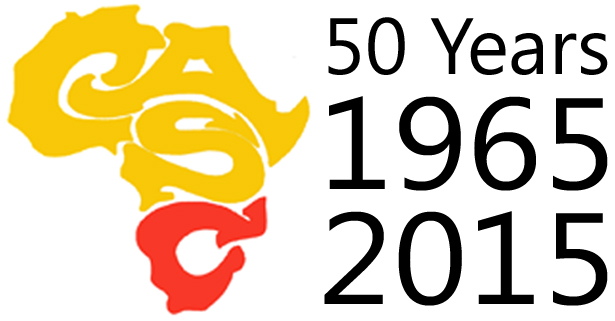CAS Public Seminar: War, peace and political representation: An analysis of popular political thinking in Burundi (1993-2015) - Bert Ingelaere, University of Antwerp
Duration: 47 mins 46 secs
Share this media item:
Embed this media item:
Embed this media item:
About this item

| Description: | This event was part of the Centre of African Studies Lent Term Public Seminar Series on the theme of 'Contestation and accountability in Africa: imaginary, ideas and practices'. |
|---|
| Created: | 2020-02-10 11:45 |
|---|---|
| Collection: | Centre of African Studies |
| Publisher: | University of Cambridge |
| Copyright: | Victoria Jones, Bert Ingelaere |
| Language: | eng (English) |
| Distribution: |
World
|
| Keywords: | Burundi; Conflict; |
| Explicit content: | No |
| Abstract: | Who is seen to be winning or losing in the political domain after war and mass violence and why? This paper discusses this evolution of popular political thinking during Burundi’s conflict cycle (1993-2015) in general and the shifts in the transition from war (1993-2003/5) to peace (2003/5-2015) in particular. Our analytical intake is the concept of political representation. We engage with three questions: how do representatives look like (descriptive representation)? What degree of acceptance do representatives have for those represented (symbolic representation)? Are representatives (seen as) advancing the interests of those represented (substantive representation)? First, relying on an available datasets on Burundian cabinets from 1996 to 2016, we look at the evolution of descriptive political representation by identifying the number, prestige and identity (ethnicity, gender, region, political affiliation) of representatives. Second, and our central concern, we analyze perceived changes over time of those being represented (symbolic and substantive representation). In doing so, we take into account important identity markers such as gender or ethnicity as well as often overlooked social categories relevant to the Burundi conflict such as demobilized rebels/army soldiers, repatriates, (former) displaced or released political prisoners. We make use of self-reported changes in degrees of political representation and the accompanying narratives explaining these changes of over 300 Burundians living in rural areas. |
|---|---|

